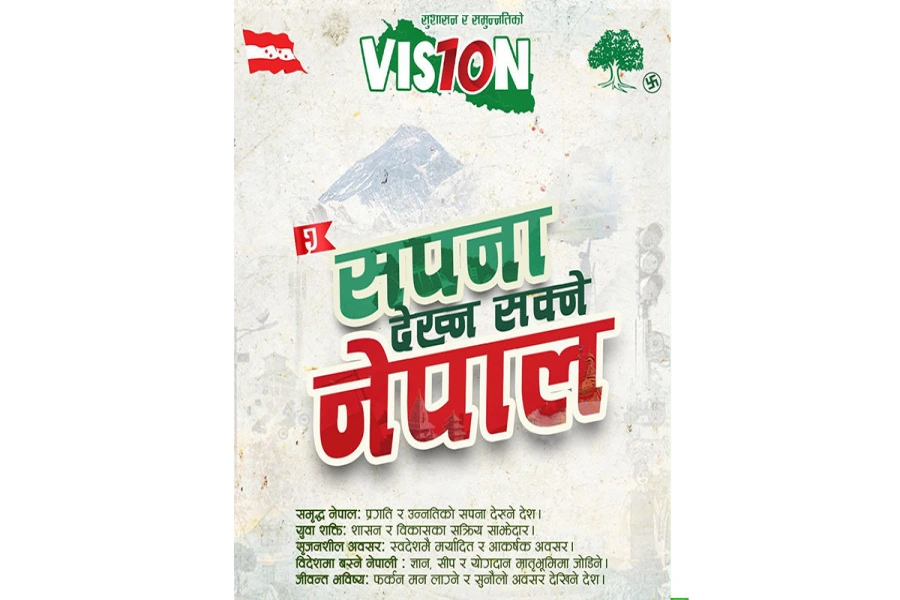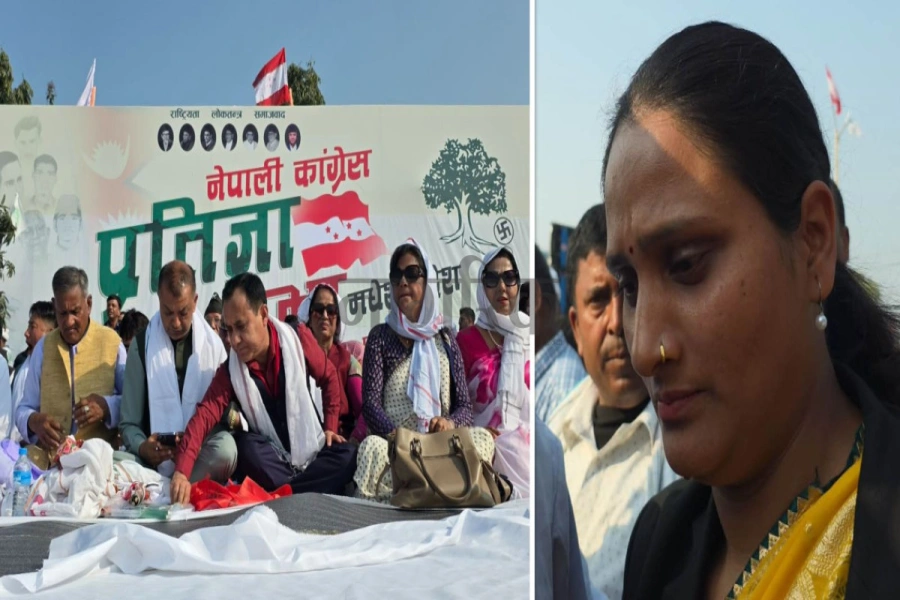As the world celebrated Teachers’ Day yesterday (6), we must take a moment to reflect on a pressing issue in Sri Lanka: the severe shortage of teachers, particularly in Science and Mathematics. This shortage has become a significant concern over the years, affecting students’ academic performance and the country’s long-term growth. While there are around 241,000 teachers currently working in government schools, the gap in Science and Mathematics education is becoming increasingly alarming. The problem is particularly evident in Advanced Level (A/L) education, where the number of students opting for these subjects is declining.
One of the main reasons for this shortage is the career choices made by graduates. Arts graduates make up a large portion of those who enter the teaching profession, but Science and Mathematics graduates are less likely to pursue teaching.
Why teachers are important

This shortage has far-reaching consequences. Many students struggle with Science and Mathematics at the Ordinary Level (O/L), leading to higher failure rates. This, in turn, reduces the number of students who choose to study these subjects at the A/L classes. As fewer students specialise in Science and Mathematics, there is a reduced pool of graduates who can be trained as teachers in these subjects. The cycle repeats itself, leading to an even greater shortage of qualified teachers in the future.
According to statistics from 2021, only about 10-11 per cent of A/L students choose to study BioScience, Physical Science, or Technology. In contrast, a staggering 42.7 per cent opt for the Arts stream. This imbalance highlights the need for urgent attention to Science and Technology education in Sri Lanka. Without enough qualified teachers, the country’s ability to produce skilled professionals in these fields is severely hindered. The shortage of teachers is especially pronounced in provincial schools, where around 79.4 per cent of the country’s students are educated. These schools, particularly in rural areas, often lack the necessary resources for A/L science education, further limiting students’ opportunities to excel in these subjects. This situation not only affects students’ academic performance but also the overall development of the country’s workforce. So, what can be done to address this critical issue? First, the teaching profession must be made more attractive, particularly for Science and Mathematics graduates. One way to do this is by offering competitive salaries and career development opportunities. Currently, many graduates see teaching as a less appealing option compared to careers in other fields. Providing incentives, such as higher pay and better working conditions, could encourage more graduates to consider teaching.
Another solution is to focus on improving Science, Technology, Engineering, Arts, and Mathematics (STEAM) education at all levels. The Government could invest in revising curricula to make these subjects more engaging and relevant to students. Additionally, there should be more investment in resources for rural schools to ensure that students in these areas have the same opportunities as those in urban schools. Training programmes for teachers should also be strengthened, ensuring they are well-equipped to teach Science and Mathematics effectively. Strengthening partnerships between schools and industries could also play a crucial role in improving STEAM education. By connecting students and teachers with real-world applications of Science and Mathematics, schools could make these subjects more appealing and relevant. Such partnerships could provide valuable insights into how these fields contribute to the country’s development in areas such as Technology, Healthcare, and Industry. As we celebrate the dedication and hard work of educators across the country, it is essential to ask ourselves: How can we ensure that every child in Sri Lanka has access to quality education in Science and Mathematics? What steps can we take to support teachers and encourage more graduates to join the profession? These are questions that need urgent answers if Sri Lanka is to build a skilled, knowledgeable, and innovative workforce for the future.
The shortage of teachers, particularly in critical subjects like Science and Mathematics, is not just an issue for the education sector—it is a national concern. If this issue is not addressed promptly, it could have long-term implications for the country’s progress in fields such as Technology, Healthcare, and Industry. As we reflect on the role of teachers today, we must also commit to finding solutions to the challenges they face. After all, Sri Lanka’s future depends on it.
Source: Ceylon Today (Sri Lanka)







































